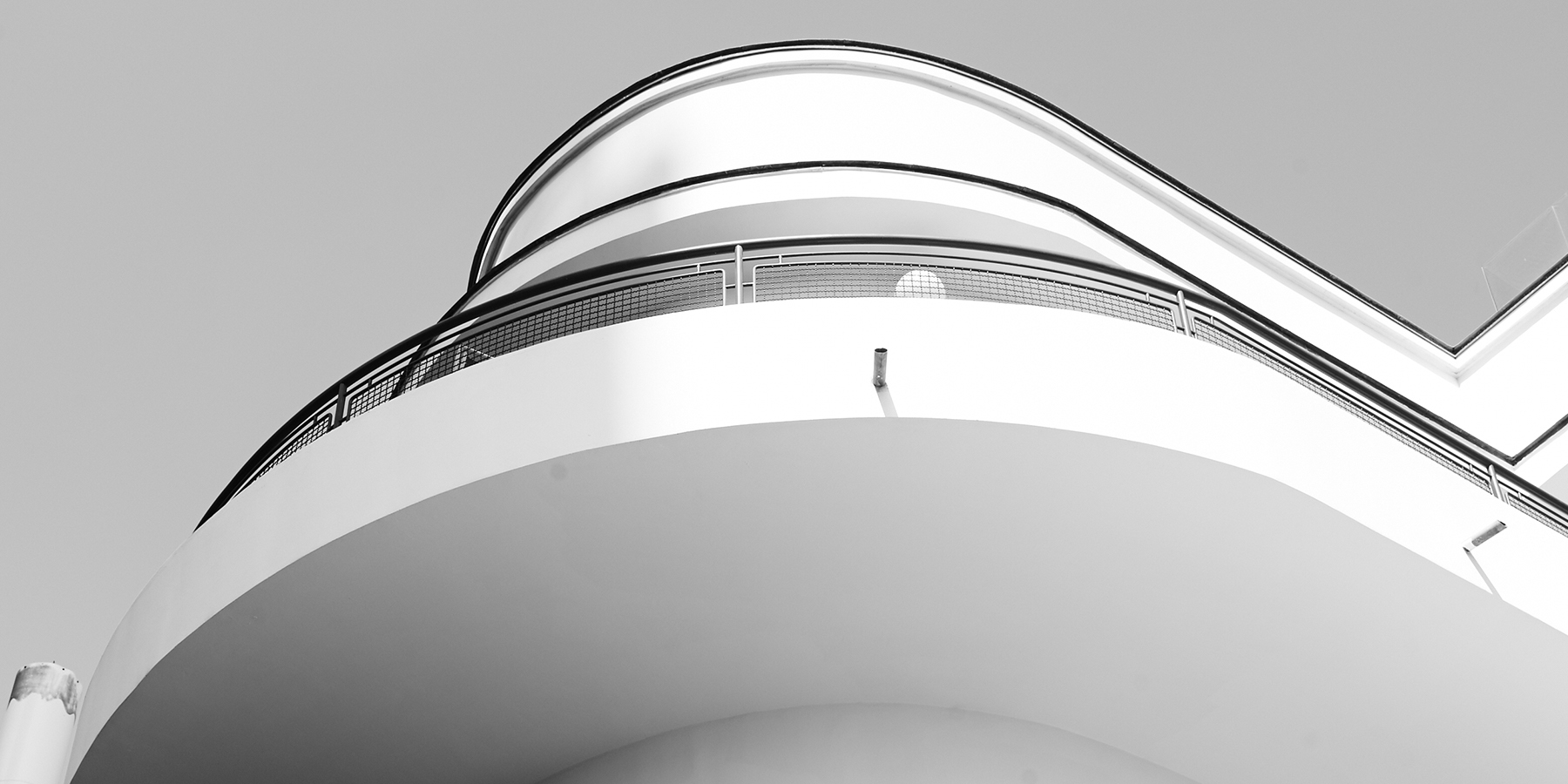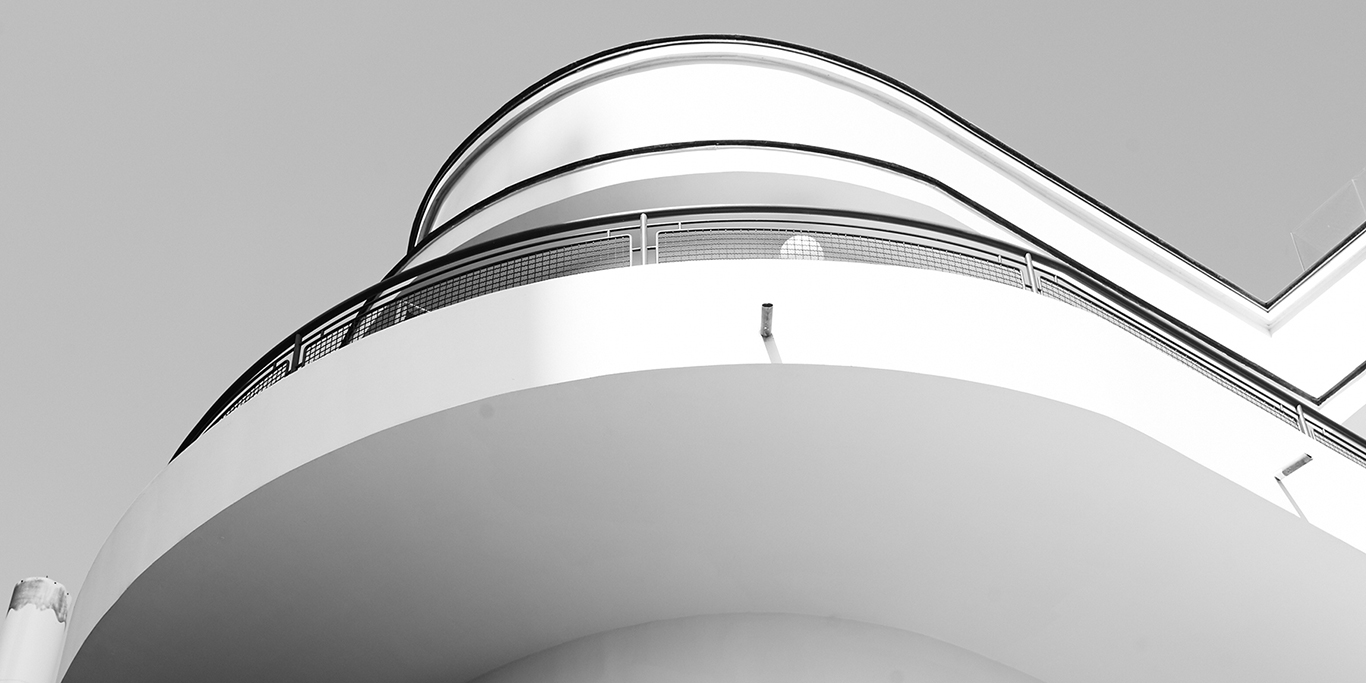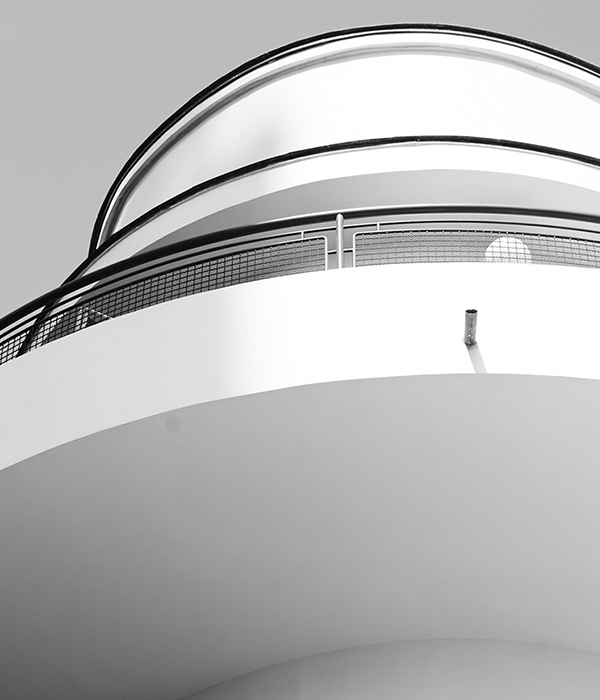In its quest to support art, and by choosing Maison Louis Carré as the setting for its most recent fashion stories, Massimo Dutti pays homage to the 20th century’s most influential school of the arts, Bauhaus. The Bauhaus movement is now 100 years old and marked a turning point in the development of architecture and design.
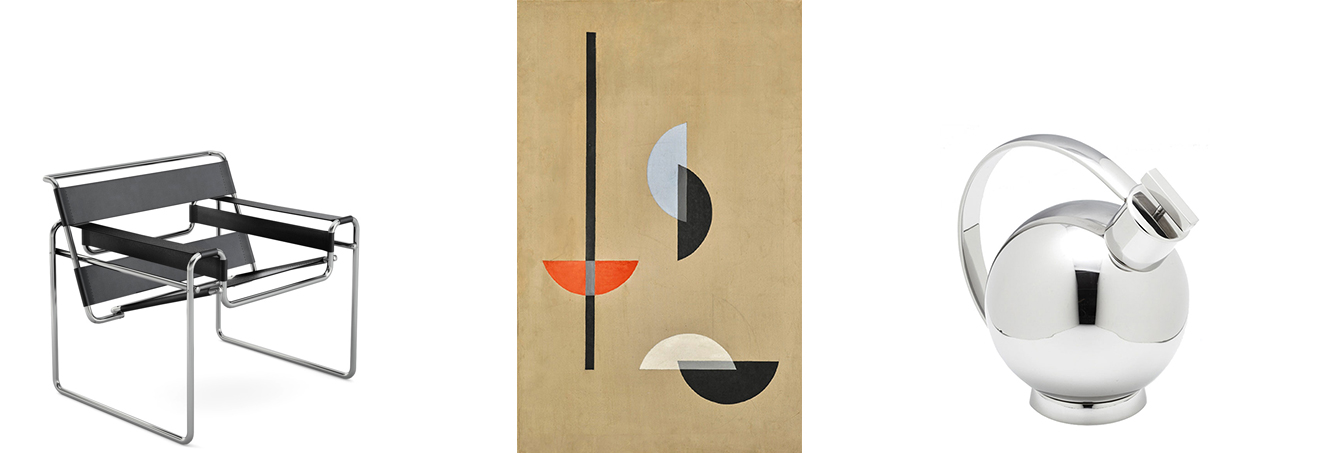
Marcel Breuer
Wassily Chair
László Moholy-Nagy
SEGMENTS
Marianne Brandt
TETERA
It began in 1919 in Weimar, Germany when architect Walter Gropius founded a school of architecture, design and applied arts, called the Staatliches Bauhaus. The school gave rise to a movement that represented a new dynamic way of understanding the relationship between fine arts and industry.
In Bauhaus, the aim of creativity and production is to imagine a new paradigm to create art and objects with a clean, practical and minimalist aesthetic, that stands out for its reassuring purity and incomparable elegance.

DESSAU BAUHAUS – DESSAU
(GERMANY)
by Walter Gropius
In 1925 Bauhaus students had to move to Dessau. Architect Walter Gropius designed a school there, with an impressive glass façade which remains to this day. The building is now a World Heritage Site and considered an icon of Modernism.
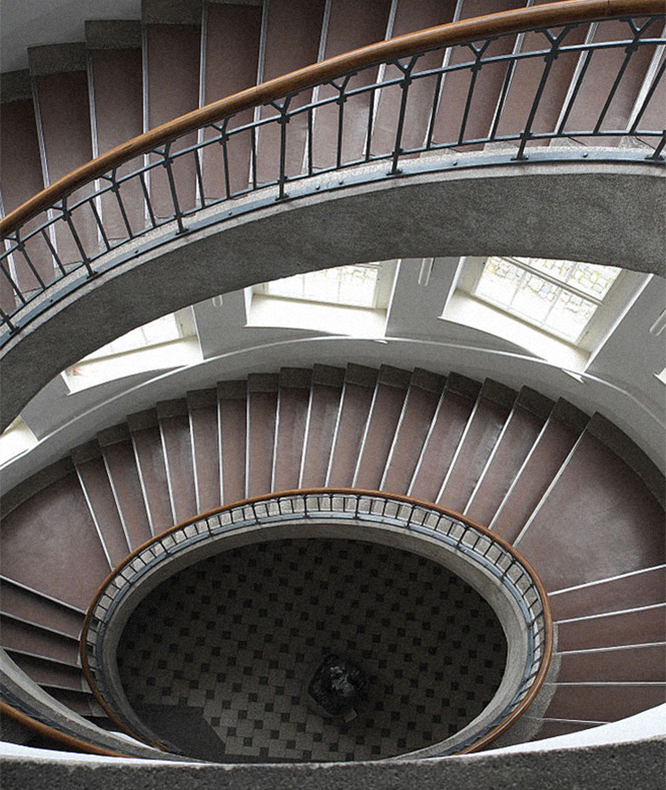
WEIMAR BAUHAUS – WEIMAR
(GERMANY)
by Henry van de Velde
This cradle of the Bauhaus movement brought together architecture, craftsmanship and fine arts. It had a limited lifespan in Weimar, moving instead to Dessau in 1933. Today, students from across the world chose to study at its modern incarnation, the Bauhaus-Universität Weimar.
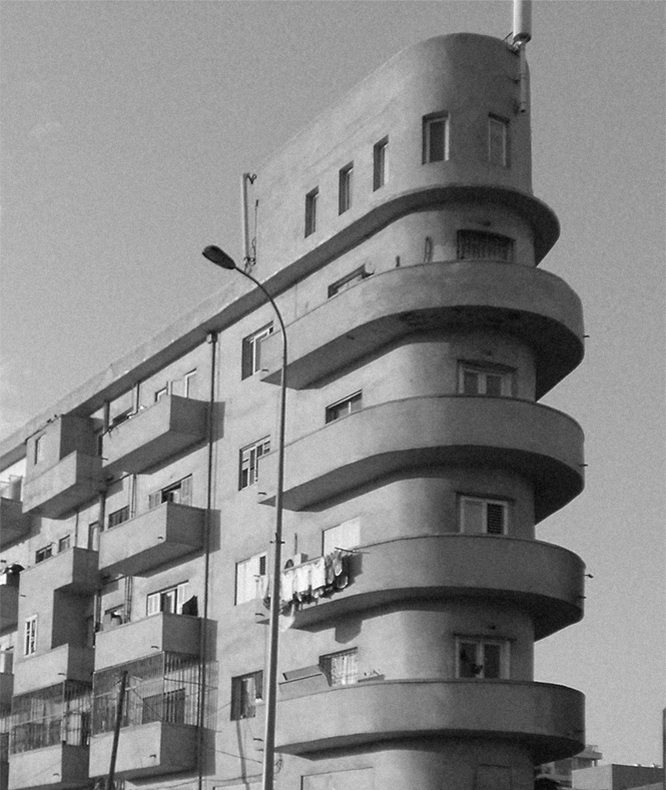
LEVANDA STREET – TEL AVIV
(ISRAEL)
by Shimon Hamadi Levy
With over 4,000 Bauhaus buildings, Tel Aviv is the city with the most Bauhaus constructions in the world. The curved façade of this building, built in 1930, makes it one of the most representative constructions of the Bauhaus artistic movement.
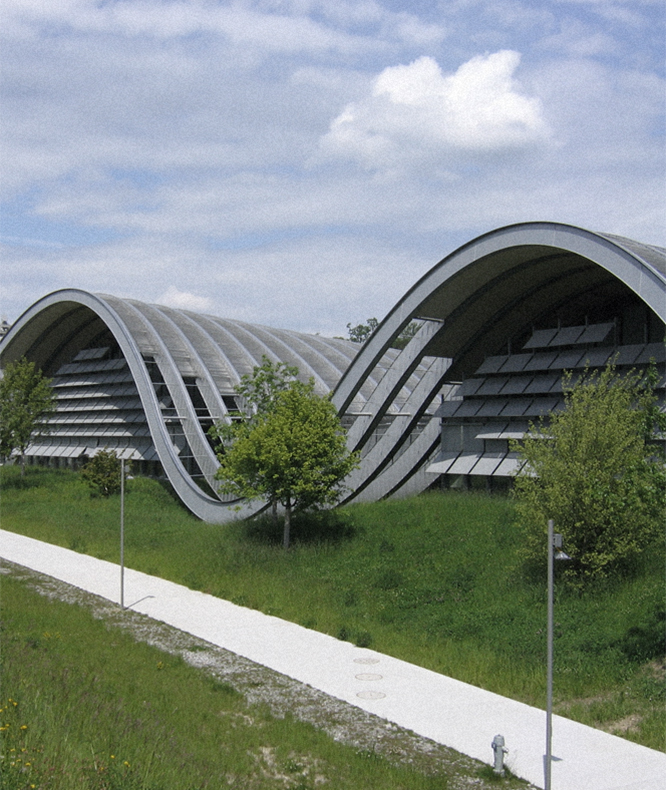
ZENTRUM PAUL KLEE – BERNA
(SWITZERLAND)
by Renzo Piano
Renzo piano was commissioned to build a museum in memory of and homage to Switzerland’s most important artist: Paul Klee, one of the most influential artists of the Bauhaus movement in the 20th century. His timeless and diverse works remain cutting edge to this day.
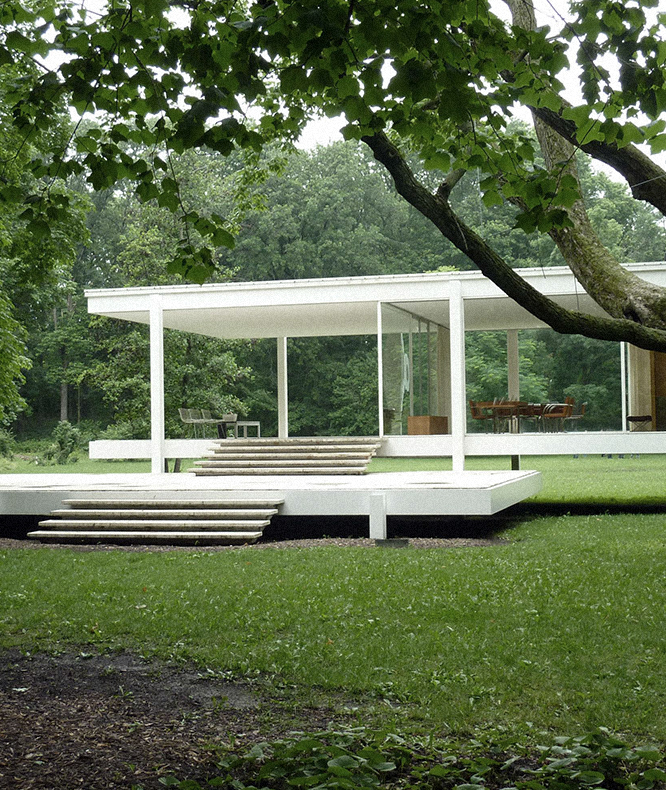
FARNSWORTH HOUSE – Illinois
(USA)
by Mies van der Rohe
Built at the end of the Second World War, it was designed by Mies van der Rohe for Dr. Edith Farnsworth. It is a metal structure enclosed in glass, giving the impression of a floating box.
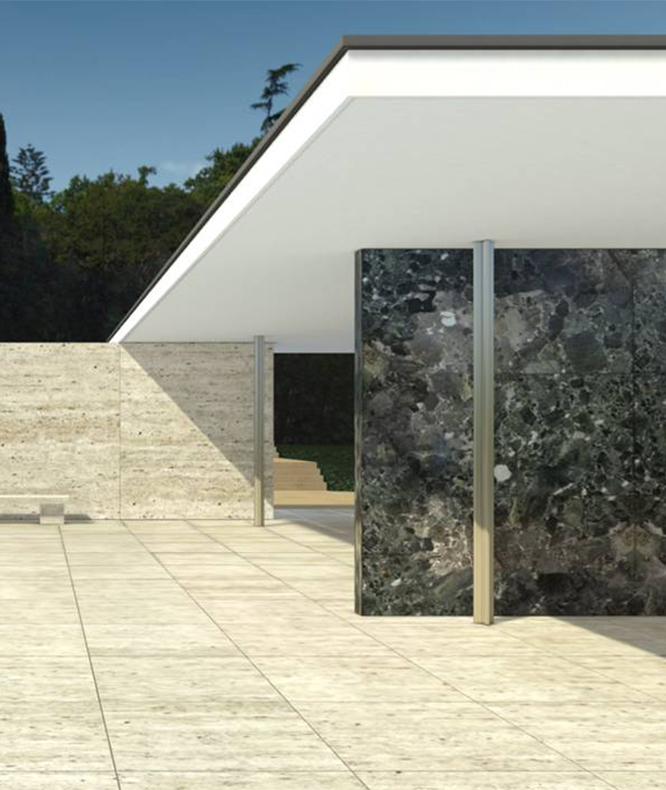
CASA MIES VAN DER ROHE – BARCELONA
(SPAIN)
by: Mies van der Rohe
A work that is symbolic for Modernist movement, it was designed by Ludwig van der Rohe and Lilly Reich as the German Pavilion for the Barcelona International Exhibition, held on Montjuïc in 1929. Built from glass, steel and four different types of marble.
